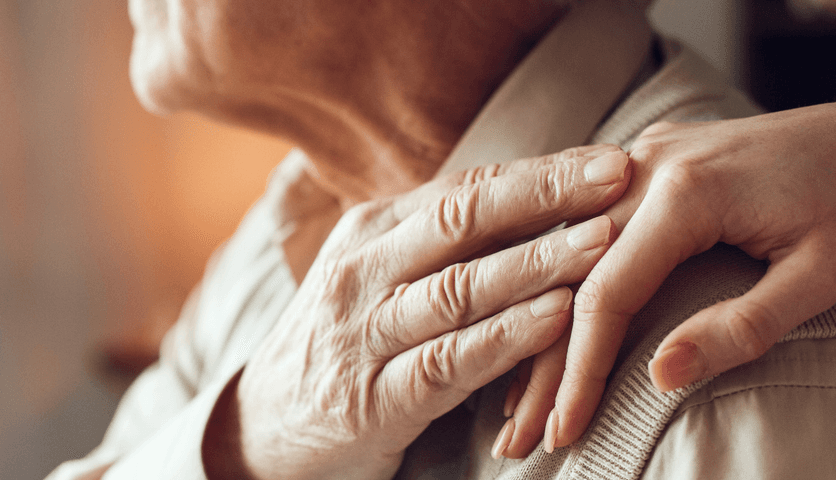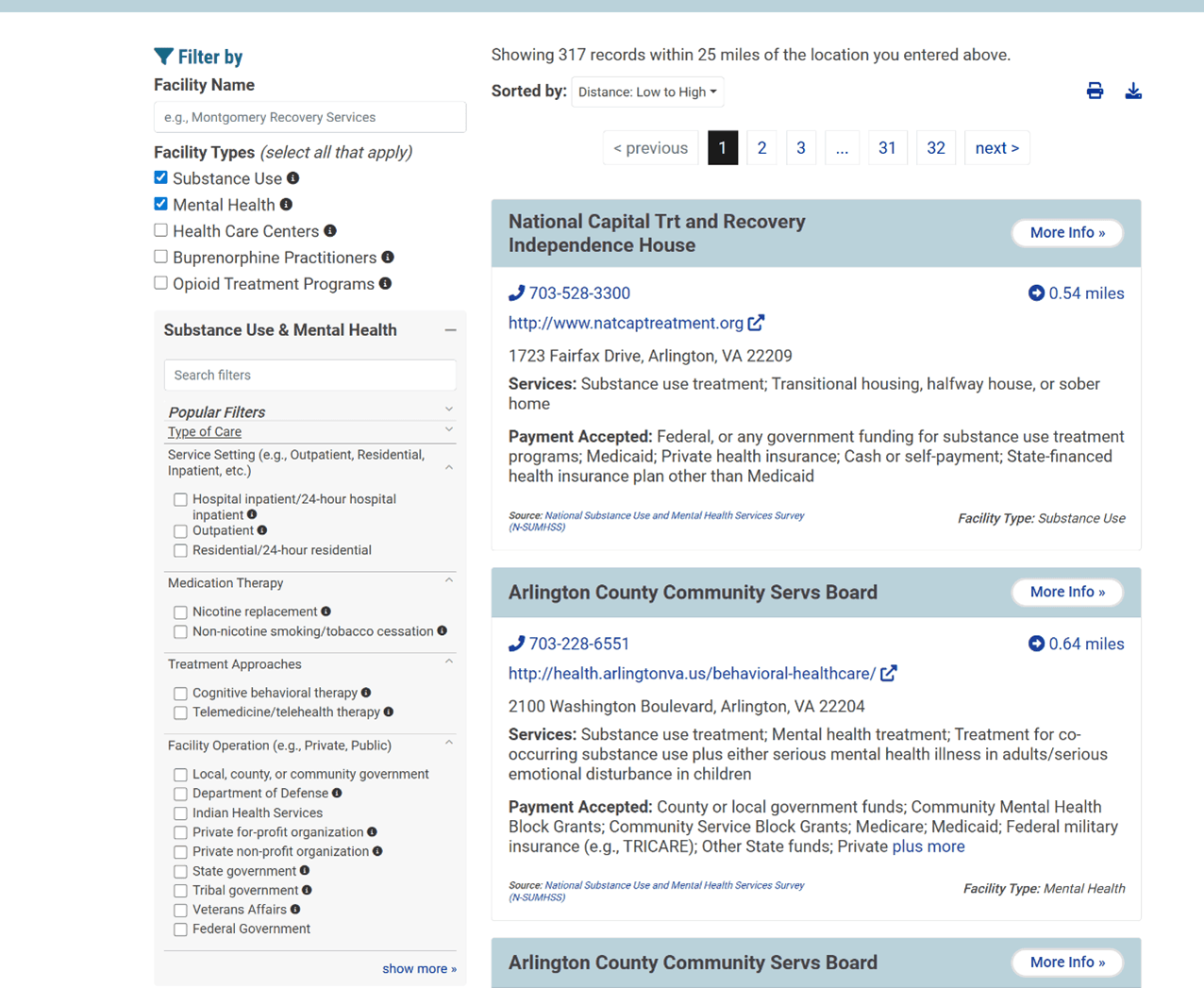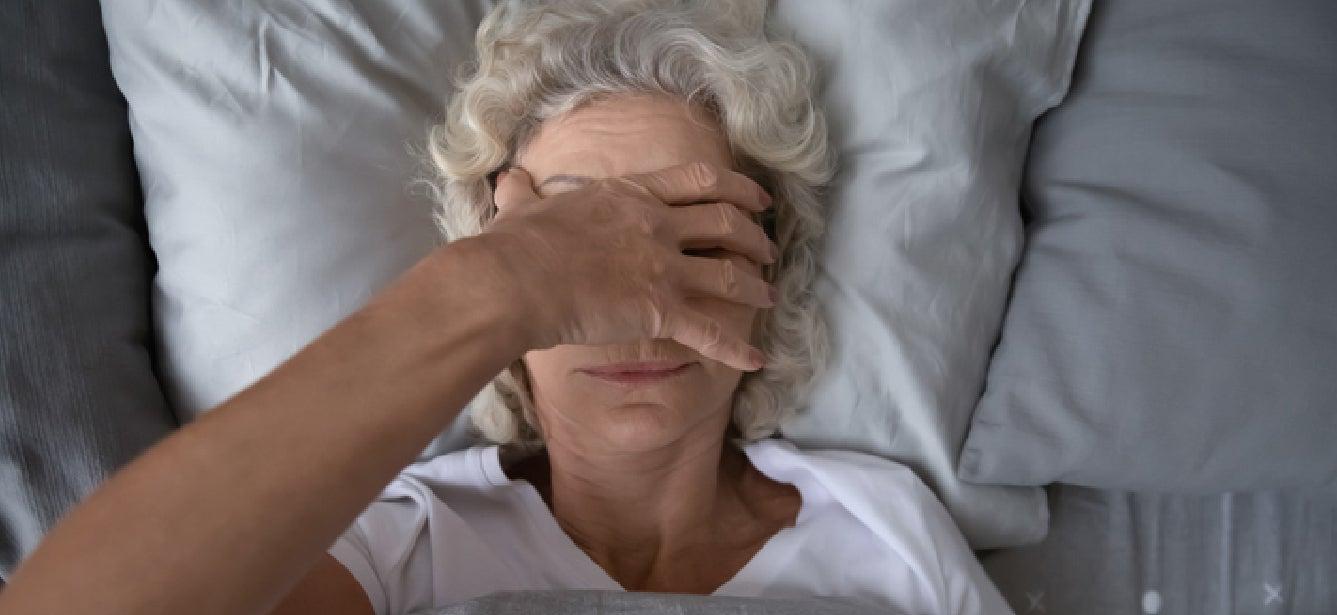
Related Topics
Over 7 million older adults have a substance use disorder (SUD). This number may seem overwhelming, but the good news is that recovery is possible. Recognizing that you have a problem with substance use is the first step in your recovery journey.
What is recovery?
The Substance Abuse and Mental Health Services Administration (SAMHSA) defines recovery as “a process of change through which individuals improve their health and wellness, live a self-directed life, and strive to reach their full potential." 1 Recovery incorporates multiple guiding principles such as hope, respect, strengths/responsibility, and peer support among others. It is a lifelong process leading to health and well-being.
What types of treatment options are available?
There are a variety of treatment options available to older adults, each providing unique strategies to support recovery. Some of the most common treatment options are described below.
Medical Detox
Medical detox is an inpatient treatment option where substance withdrawal is medically supervised. Certain substances, for example alcohol, have a higher risk of complications from withdrawal, especially for older adults. Once the initial withdrawal phase is complete and the person is medically stable, they can engage in other types of treatment. Not all older adults will need medical detoxification as part of their treatment plan.
Inpatient or Residential Treatment
Inpatient and residential treatment occurs in a designated facility where the person lives during their treatment. Individual treatment plans may include behavioral therapy, peer support, counseling, psychoeducation, and medication management.2 Programs may last for 14, 30, 60, or 90+ days depending on the person’s needs.3
Partial Hospitalization Programs (PHP)
Partial Hospitalization Programs are considered outpatient interventions allowing the person to remain in their home and receive intensive treatment at a program. These programs can last 3 or more months and require the individual to attend sessions multiple times per week for multiple hours per day. Medication management, therapy, and education are the main components of this type of care.4
Intensive Outpatient Programs (IOP)
Intensive Outpatient Programs provide greater flexibility requiring less time at the program site and are a good option for those with a strong support system who have already completed a higher level of care if necessary.4
Outpatient Treatment
Outpatient treatment is likely the most familiar to people and includes individual and/or group therapy. Individuals may seek out a licensed professional such as a social worker, counselor, or marriage and family therapist who can support their recovery through methods like:5
- Assertive Community Treatment (ACT) which focuses on the individual’s strengths, needs, and goals for the future.
- Cognitive Behavioral Therapy (CBT) which Identifies problematic thinking and behavior patterns then establishes healthier coping strategies.
- Dialectical Behavioral Therapy (DBT) which focuses on managing intense emotions and recognizing how our thoughts influence our behavior.
Peer Support
Peer groups can be a vital tool for those in recovery and may include groups like Alcoholics Anonymous, Celebrate Recovery, National Alliance on Mental Illness, Narcotics Anonymous, and SMART Recovery to name a few. SAMHSA has created a list of virtual recovery programs that may also be useful.
How can I find help for recovery?
Local treatment resources can be found at FindTreatment.gov. You can customize your search by looking for options that best suit your needs, including the setting (i.e., inpatient, outpatient, residential), treatment approaches (i.e., CBT, telehealth) and facility operation (i.e., Local, County, Community Government, Indian Health Services, Federal Government, etc.)

How do I pay for recovery care?
Medicare, Medicaid, and private insurance cover a variety of treatment options. Refer to your individual plan for specific details including approved providers.
Tips for selecting care
When seeking care consider these tips:6
- Is the program accredited? Accreditation ensures care meets the standards of a national compliance organization. Don’t be afraid to ask how other people have rated their services.
- Do they use evidence-based or evidence-informed treatment options? Look for programs that provide proven treatment options such as medication management, cognitive behavioral therapy, and peer support.
- Do you feel safe and comfortable? Does the environment make you feel safe and comfortable? Can you relate to others engaged in the services?
- Is it person-centered and wholistic? Are your individual needs recognized and considered when developing a treatment plan? Does the treatment focus on all aspects of care (physical, mental, emotional, spiritual, social)?
There are many roads to recovery and with the right support you can live a healthy and active life.
Sources
1. SAMHSA. SAMHSA’s Working Definition of Recovery. Found on the internet at https://library.samhsa.gov/sites/default/files/pep12-recdef.pdf
2. American Addiction Centers. Addiction Rehab for Seniors & Elderly Adults. Sep. 30, 2024. Found on the internet at https://americanaddictioncenters.org/rehab-guide/elderly
3. American Addiction Centers. How Long is Rehab? Drug and Alcohol Rehab Lengths. Mar. 24, 2025. Found on the internet at https://americanaddictioncenters.org/rehab-guide/how-long-rehab-last
4. Bourne, Mariah. Partial Hospitalization Programs (PHP) for Addiction. Oct. 27, 2025. Found on the internet at https://americanaddictioncenters.org/rehab-guide/outpatient-treatment/partial-hospitalization-programs
5. Cleveland Clinic. Substance Use Disorder (SUD). Found on the internet at https://my.clevelandclinic.org/health/diseases/16652-drug-addiction-substance-use-disorder-sud#management-and-treatment
6. Herron, A. Struggling with Addiction? Tips on Finding Quality Treatment. SAMHSA. Ja. 23, 2019. Found on the internet at https://www.samhsa.gov/blog/struggling-addiction-tips-finding-quality-treatment
Additional references
SAMHSA Tip 26. Treating Substance Use Disorder in Older Adults: Updated 2020. Found on the internet at https://www.ncbi.nlm.nih.gov/books/NBK571028/#ch4.s24
Photo credit Viktoriia Hnatiuk reserved for NCOA use only



